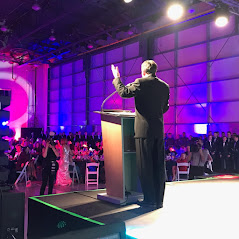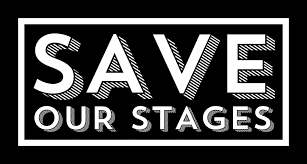100 Ideas, Checklists and Tips to Plan Successful Events. This article is from The Event managers Blog
Would you agree that planning corporate events is not an easy beast to tame?
Seriously, how can you get advice on planning events for the most demanding audiences out there? You probably know it all.
Yet the world is not perfect and attendees, especially corporate event attendees, get bored very easily. So, I got my team together to think how can we help you running successful corporate events.
This is the plan we came up with:
First, we created an advanced corporate event planning checklist. Probably the most comprehensive ever created on the subject.
Then we collected 100+ exciting corporate event planning ideas to use for your events. North of 100. Because we know you know how to run events. Sometimes you just want that unexpected twist that makes attendees go wow. No worries, we got your back.
Does that sound useful?
Yes?
Ok, but before we start, let’s make things clear and look at what we mean by corporate planning, what it means to plan corporate events and the different aspects you should consider when planning corporate events as opposed to regular events.
What is a Corporate Event and Why is it Different?
Corporate event planning is different from other forms of event planning.
Why?
Because events in a corporate environment are usually tools to market externally or internally a message proposed by the brand, the company, the boss. They can promote a product, an internal initiative. They may help to celebrate a company achievement or to bring a team together. In some instances events are the main focus of brand or product campaigns. They launch the latest and the greatest product or they have the objective to change perceptions.
The common denominator of corporate events is the use of events as tools to change internal company behaviour or external behaviour of customers towards the brand, company or products of the company in question.
In many cases corporate event planners sit under the marketing department or under the PR and comms department. In larger organizations, corporate event planners have their own department and run both internal and external events.
The main difference with standalone events that are run as businesses is the occasional lack of ticket selling and sponsorship selling. While these are necessities of independent events, they may or may not be present in corporate events.
Most noteworthy the objectives of corporate events tend to differ substantially, making the consequent planning and production of the event extremely different from other type of events.
Corporate event planning objectives can be:
- Changing customers’ perceptions
- Making a team bond
- Motivate sales personnel
- Entertain executives and managers
- Create press coverage
- Stimulate social media coverage
- Support above the line marketing activities
- Make one person, the boss, happy
So while these objectives can be part of the mix of other types of events, they can be the sole aim of a corporate event.
Planning and production will change substantially. When the objective is one and very specific, the whole event has to point in one direction. There is no room for dilution, diversion, noise. All the event decisions need to be aligned to support the achievement of that objective.
That becomes extremely difficult when the events happen on a regular basis. Therefore thirst for ideas, novelty, innovation is great. There is a constant demand to come up with new corporate event planning ideas.




















